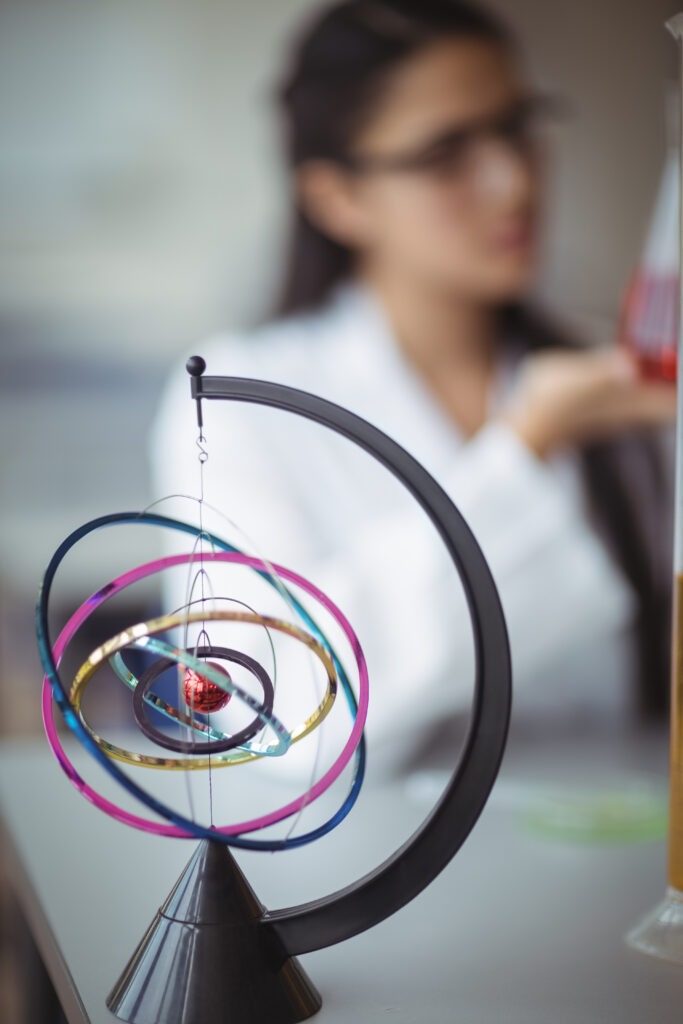Areas of Study
As a top-ranked university, Princeton allows students to study many different areas. The number of departments and majors is impressive, but what makes it even more amazing is that they are ranked in the top 10 nationally. From engineering to physics and everything in between, Princeton offers one of the most diverse curricula in the country.

Engineering
Engineering is a broad field of study that includes mechanical, civil, chemical and electrical engineering. Students can choose from a variety of majors in the department:
Bachelor of Science in Engineering with a concentration in Computer Science
Bachelor of Science in Engineering with a concentration on Mechanical and Aerospace Engineering (MASE)
Bachelor of Science in Engineering with a concentration on Materials Science and Engineering (MSEM)



Molecular Biology and Biomedical Sciences
Students can choose from more than 30 majors and minors, including biology, biochemistry, and molecular biology; bioinformatics; cell and developmental biology; neuroscience; cognitive science; and health policy.
Students who want to pursue research are encouraged to apply for one of the department’s many summer programs, available through Princeton Summer Research Experiences (PSRE). These include:
Undergraduate Research in Molecular Biology & Biomedical Sciences (URMBS)
Undergraduate Research in Neuroscience (URON)
Undergraduate Research in Environmental Science (UREC)
Computer Science
If you’re interested in computer science, the broad field includes many areas of study. You can focus on one site or learn a little about everything. Studying computer science may be a good choice if you like math, programming or both.
If you aim to get a programmer job after graduation and earn more than $100K per year, this degree is perfect for you!


Mathematics and Statistics
If you are interested in studying mathematics but are unsure what the difference is between mathematics and statistics, let’s look at some examples of areas of study.
Mathematics: This field encompasses pure math (such as algebra), applied math (like calculus), discrete math (like combinatorics) and more! Some careers that require advanced knowledge in this area include actuarial science, finance and engineering.
Statistics: As its name suggests, statistics involves collecting data from experiments or surveys to make population conclusions based on sample sizes. A degree in this subject can lead you down paths such as data analysis or consulting work for businesses needing help interpreting their data sets.
Physics
Physics is the study of matter and energy. It’s a broad field where you can specialize in many different areas, such as quantum mechanics, cosmology and astrophysics (studying stars).
If you enjoy math and science, physics may be for you! Students who major in physics often go on to work as researchers or engineers for companies like Google or NASA. They might also teach at universities or become doctors by completing medical school after graduating with a bachelor’s degree.
There are many different areas of study at Princeton.
There are many different areas of study at Princeton. If you’re interested in engineering and technology, the Department of Mechanical and Aerospace Engineering offers students a wide range of opportunities to explore their interests. The department also sponsors an annual robotics competition that brings together students worldwide to compete against each other and build robots.
If you want to study molecular biology or biomedicine, consider applying to the Program in Molecular Biology and Biomedicine (PMBB). This program offers unique research opportunities with faculty whose work focuses on cancer biology, immunology, neuroscience, stem cells, cardiovascular disease prevention/treatment–you name it! PMBB also offers an undergraduate degree called “Biological Basis for Disease,” which combines courses from across campus with independent research projects designed by those same faculty members mentioned above–talk about getting involved early on!
Another option would be Computer Science; here at Princeton, there are multiple ways for students who are interested in this field to go about earning their degree: Computer Science major; combined central involving both CS & EE; minor option within one’s majors (for example math majors could add a computer science minor).

